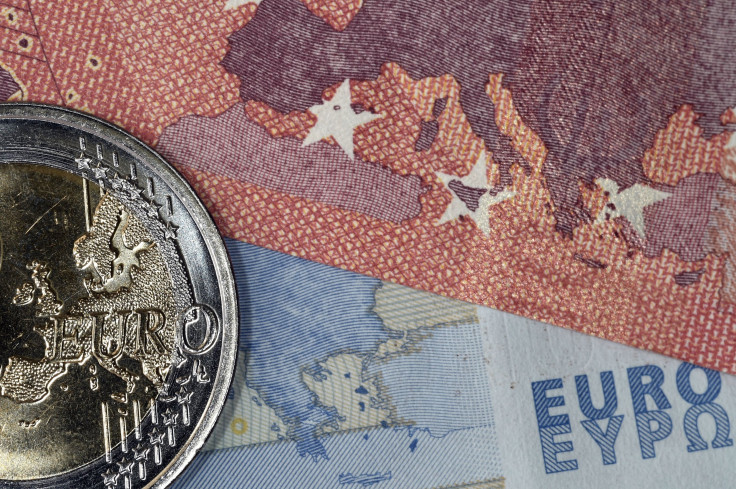Eurozone Economy: Weak Inflation Builds Pressure On ECB To Act, Euro Remains Fragile

Consumer prices in the 19-nation eurozone rose 0.1 percent year-on-year in November, according to data released Wednesday by Eurostat -- the European Union's statistics agency. The figure, which is the same as October's and slightly below analysts’ expectations of a 0.2 percent hike, raises chances that the European Central Bank (ECB) will ease monetary policy further during its meeting Thursday.
The weaker-than-expected rise in consumer prices were, once again, largely due to a slump in energy prices, which dropped 7.3 percent year-on-year in November. Core inflation -- which excludes energy, food and tobacco -- rose an estimated 0.9 percent in November, down from a 1.1 percent hike in October.
Wednesday’s inflation figures are the latest in a series of data that have underscored the region’s gradually improving, albeit delicate, economy. The recent run of tepid economic data has increased pressure on the ECB to unveil further measures to boost growth and raise inflation, either by stepping up its bond-buying program, or by further reducing its already negative interest rates.
“Regardless of the data, the ECB cannot afford to disappoint on Thursday,” Marco Valli, chief euro-area economist at UniCredit SpA in Milan, told Bloomberg. “The stage has been set for [ECB chief] Draghi to take action.
In a bid to bring consumer prices closer to the 2 percent goal and to boost the bloc’s economy, the ECB in March embarked on a 1.1 trillion euro ($1.2 trillion) asset-purchase program. The bond purchases are slated to run at least through September 2016. However, in recent weeks, Draghi has primed the markets and investors for further actions, reiterating that the bank will do whatever it must to boost inflation.
Meanwhile, the euro -- which recently hit a seven-month low of $1.0566 -- continued to perform weakly against the dollar. The euro area currency was last at $1.059 at 6:11 a.m. EST.
European equities, on the other hand, began trading higher Wednesday after a flat open, as investors reacted to the weak inflation figures.
The pan-European Stoxx 600 was trading up 0.5 percent, while London’s FTSE 100 rose 0.5 percent. France’s CAC 40 and Germany’s DAX index were both up 0.3 percent.
© Copyright IBTimes 2024. All rights reserved.





















